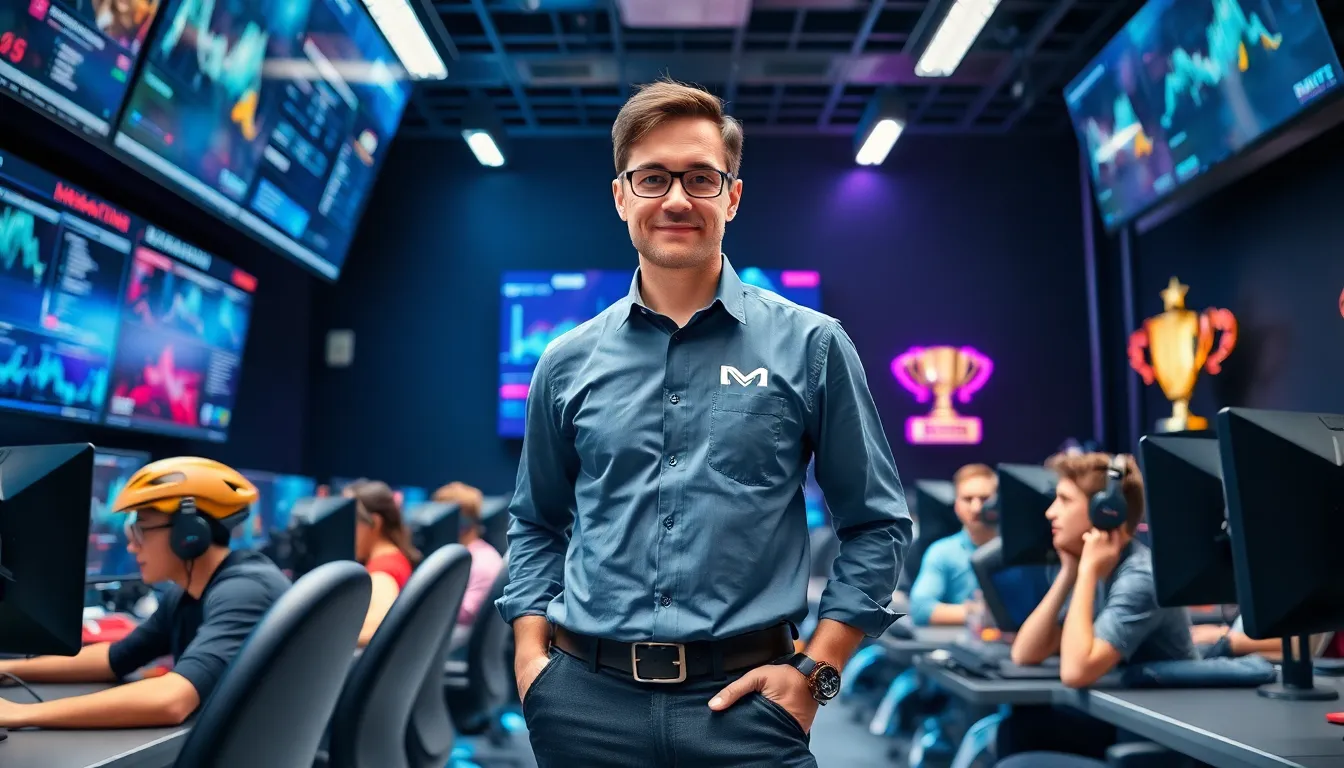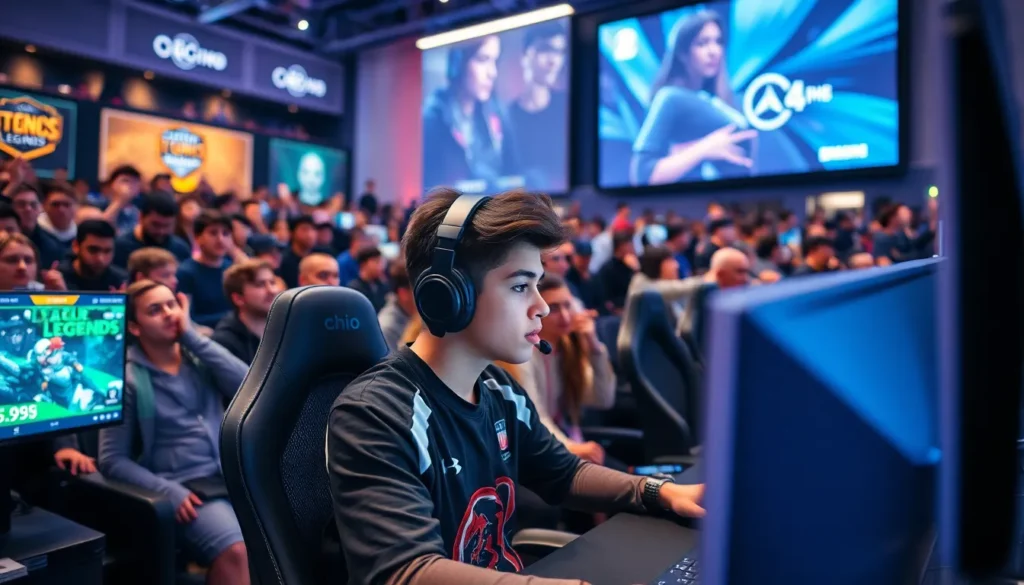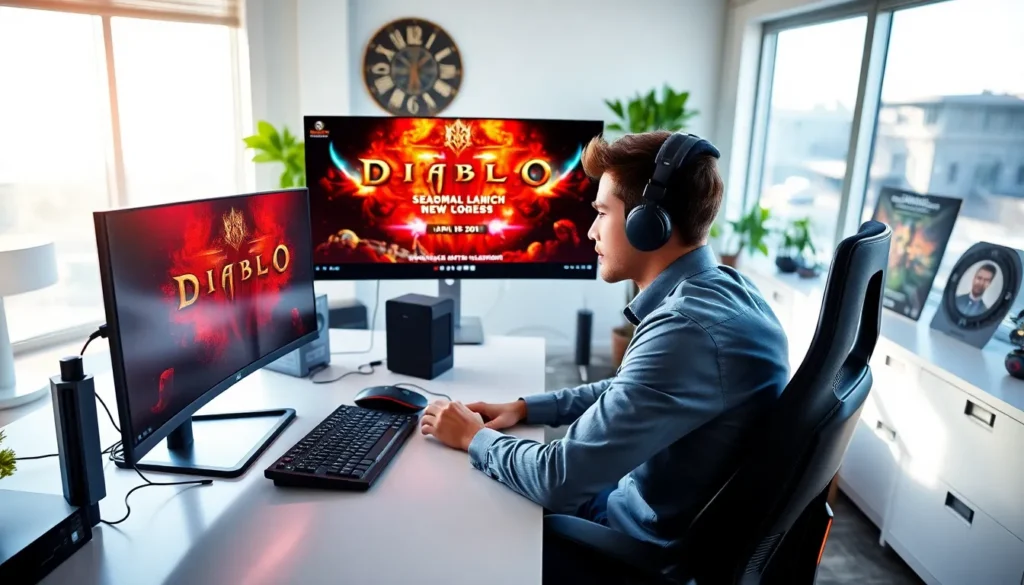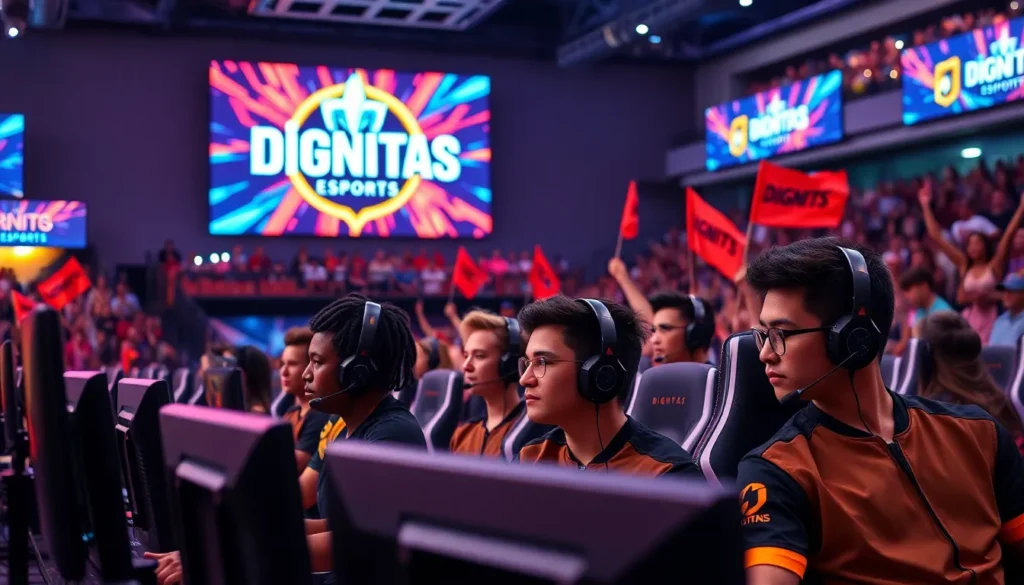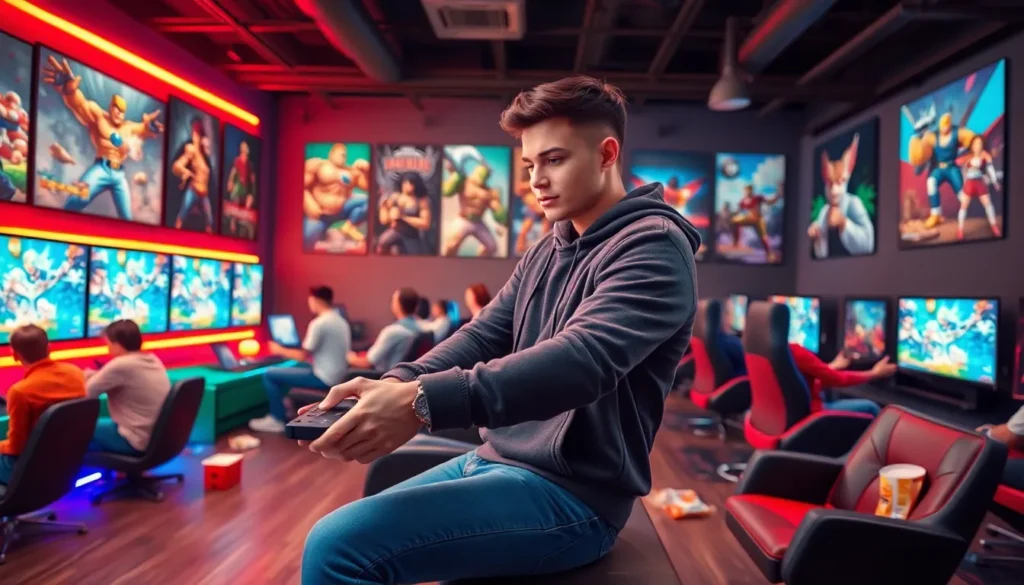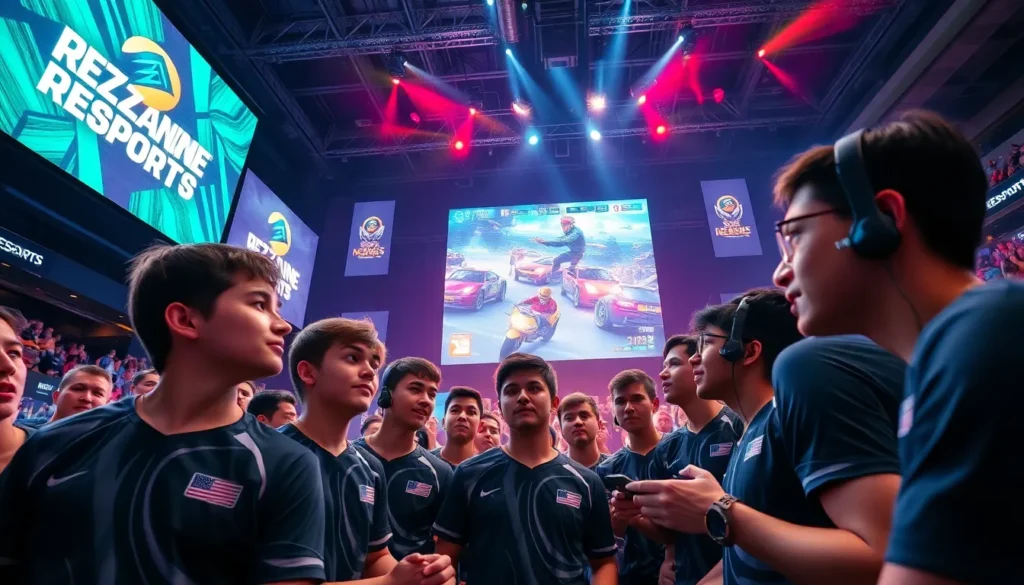In the fast-paced world of esports, competition is fierce, and any edge can mean the difference between victory and defeat. Enter the esports coach, a strategic mastermind equipped with skills that elevate performance from ordinary to extraordinary. But what exactly does an esports coach do? Kalasnyk, an aspiring pro player, thought they just yelled at players from the sidelines. Spoiler alert: it’s a lot more complex than that. If you’re ready to jump into the intricacies of esports coaching and understand why every serious team needs one, you’re in for a treat.
Table of Contents
ToggleUnderstanding Esports Coaching
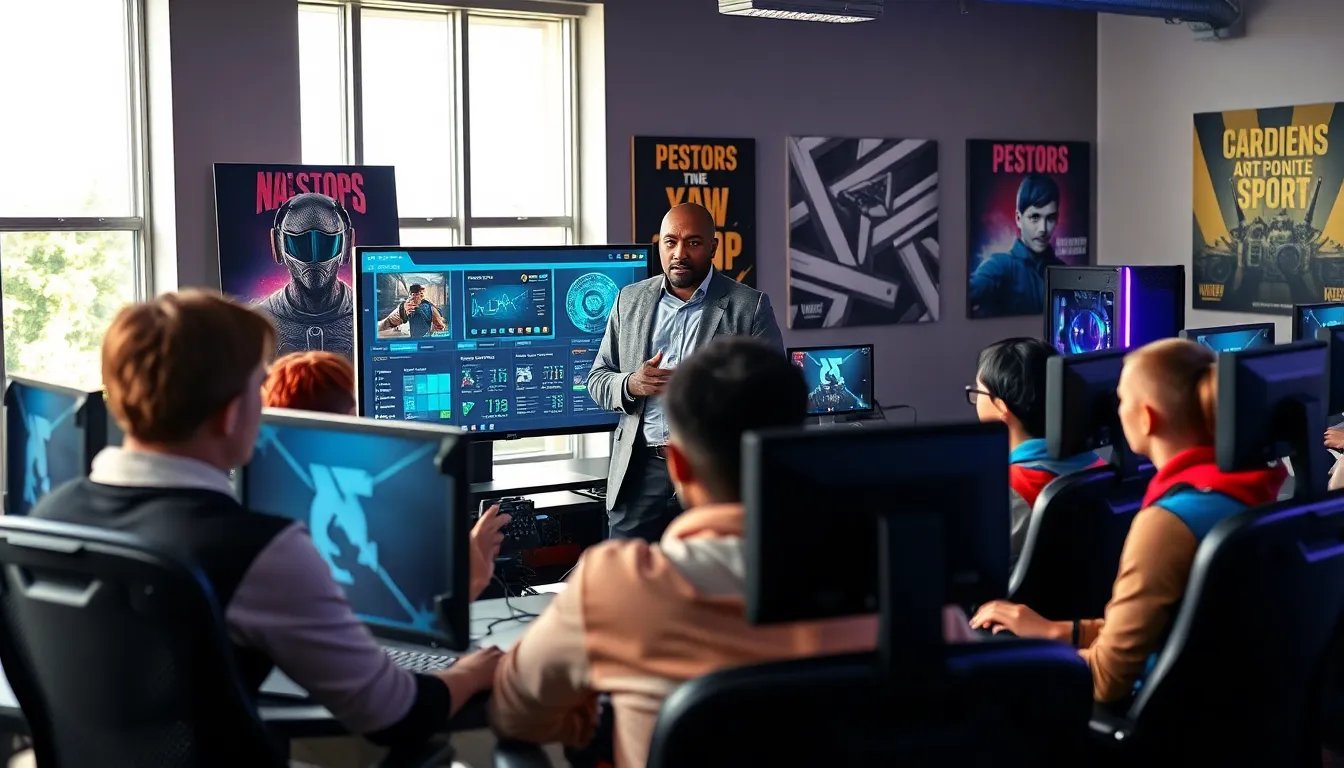
Esports coaching is about more than just giving pep talks. It involves analyzing gameplay, developing strategies, and improving individual and team skills. Coaches create tailored training regimens, considering each player’s strengths and weaknesses. Essentially, they wear many hats, part mentor, part tactician, and even part psychologist. With the relentless competitive nature of esports, the role of the coach has transformed into a crucial element in a team’s success. Think of them as the guiding star that helps players navigate the complex galaxy of online competition.
The Role of an Esports Coach
The esports coach has a multifaceted role that extends beyond just gameplay strategies. They conduct in-depth analyses of opponents, focusing on their tactics, weaknesses, and potential plays. This intelligence helps in formulating counter-strategies during matches. Besides, a coach cultivates a positive team culture, encouraging communication and collaboration among players. They need to ensure that personality clashes do not derail the team’s potential. Also, coaches often liaise with team managers and organization staff to align long-term goals and secure sponsorships, making their role integral to the team’s ecosystem.
Key Skills Required for Successful Esports Coaching
To excel in esports coaching, a blend of essential skills is necessary. Here are some of the key attributes:
Different Styles of Coaching in Esports
- Analytical Skills: Coaches need to dissect gameplay footage to highlight areas for improvement.
- Communication: Clear and effective communication fosters understanding and trust among team members.
- Adaptability: The dynamic nature of esports demands instant adjustments based on gameplay or even user feedback.
- Leadership: A good coach inspires their team, motivating players to reach their full potential regardless of obstacles.
- Emotional Intelligence: Understanding individual player needs can help mitigate stress during high-stakes situations.
Different coaching styles can further enhance effectiveness. Some coaches are authoritative, taking a firm stance to drive performance. Others adopt a collaborative approach, encouraging input from players and cultivating a sense of ownership over strategy. Each style can be effective, depending on the team culture and dynamics.
Building Effective Team Dynamics
Effective team dynamics are paramount in esports. A cohesive unit often outshines individual talent. Coaches must cultivate an environment of trust and openness, where players feel free to express their ideas and concerns. Regular team-building activities, whether online or offline, can strengthen relationships. It’s also crucial for coaches to mediate conflicts that arise, transforming challenges into learning experiences. Establishing defined roles within the team enhances clarity and helps players understand their responsibilities, minimizing overlap and confusion.
The Coaching Process: From Strategy to Execution
Understanding the coaching process helps demystify how coaches elevate their teams. It all starts with:
- Assessment: Evaluating player skills and team dynamics to identify focus areas.
- Strategy Development: Crafting game plans tailored to both the team’s strengths and opponents’ weaknesses.
- Practice: Regular drills to hone skills, test strategies, and reinforce team coordination.
- Review: After matches, analyzing performance to identify mistakes and areas for improvement, which creates a feedback loop of continuous growth.
Coaches encourage a growth mindset, reminding players that every loss can be turned into a learning opportunity. This process fosters resilience and a desire for improvement.
Challenges Faced by Esports Coaches
Esports coaching is not without its challenges. One major obstacle is the ever-evolving landscape of gaming. New game patches or changes in meta can drastically alter strategies overnight. Also, coaches often deal with the pressure of high expectations from players, fans, and sponsors alike. Sometimes, burnout can set in, both for coaches and players, making it essential for coaches to monitor mental health actively. Striking the right balance between providing criticism and encouragement is vital, ensuring players remain motivated while still improving.
The Future of Esports Coaching
As esports continues to grow, so too does the demand for skilled coaches. The industry is increasingly professionalizing, with universities offering degrees related to esports coaching and management. Technological advancements, such as AI-driven analytics and virtual reality training tools, are changing how coaches operate. Looking ahead, we can expect coaches to become even more specialized, focusing not just on skill improvement but also on psychological training and wellness. With the right investments in coaching education and resources, the future of esports coaching looks promising.

